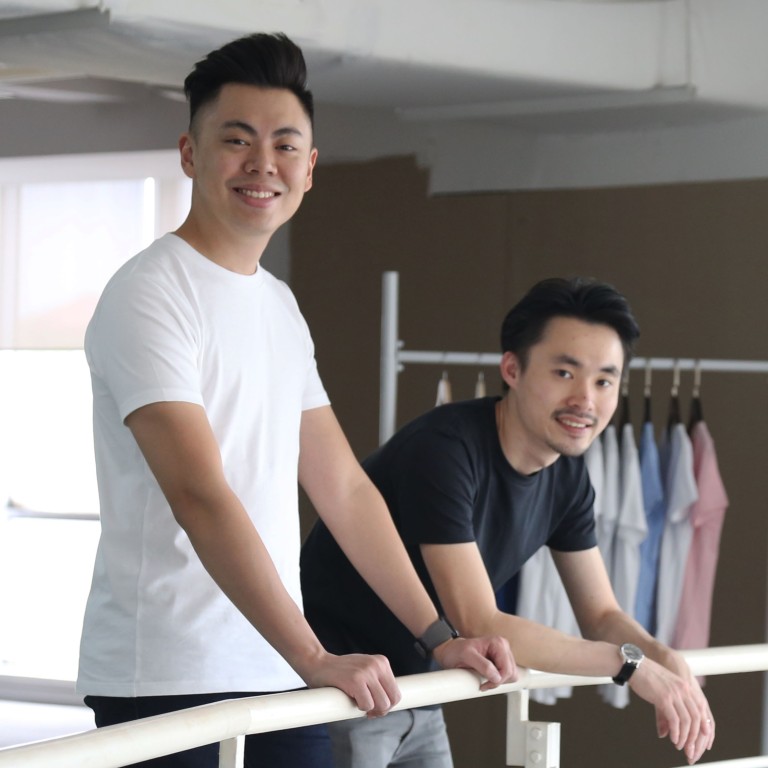
From Uniqlo to Everlane, the brands making high-quality basics as an antidote to fast fashion
- Brands such as Uniqlo and Everlane are starting to push high-quality basics over seasonal trends as more consumers look towards sustainable fashion
- Malaysia’s Buttonwell uses high-quality Supima cotton from the US that lasts wash after wash to give new life to basic, plain T-shirts
Fashion seasons have always revolved around trends that come and go, but some clothes are a little more timeless – and more companies than ever are rising to the challenge of creating these forever pieces.
Take, for example, the humble plain T-shirt. Once, it might have been an afterthought – one grabbed off the rack in a store selling 1,000 other louder, shinier or trendier offerings.
These days, though, a good quality basic tee is increasingly in vogue – which was exactly what Goh How Khiam and Lai Kar Jun were banking on when they launched Buttonwell, a Malaysia-based brand specialising in plain, classic T-shirts made with luxury Supima cotton.
Buttonwell’s value proposition is a simple, yet compelling one: they create shirts that they promise will look and feel better than the average tee, at an affordable price.
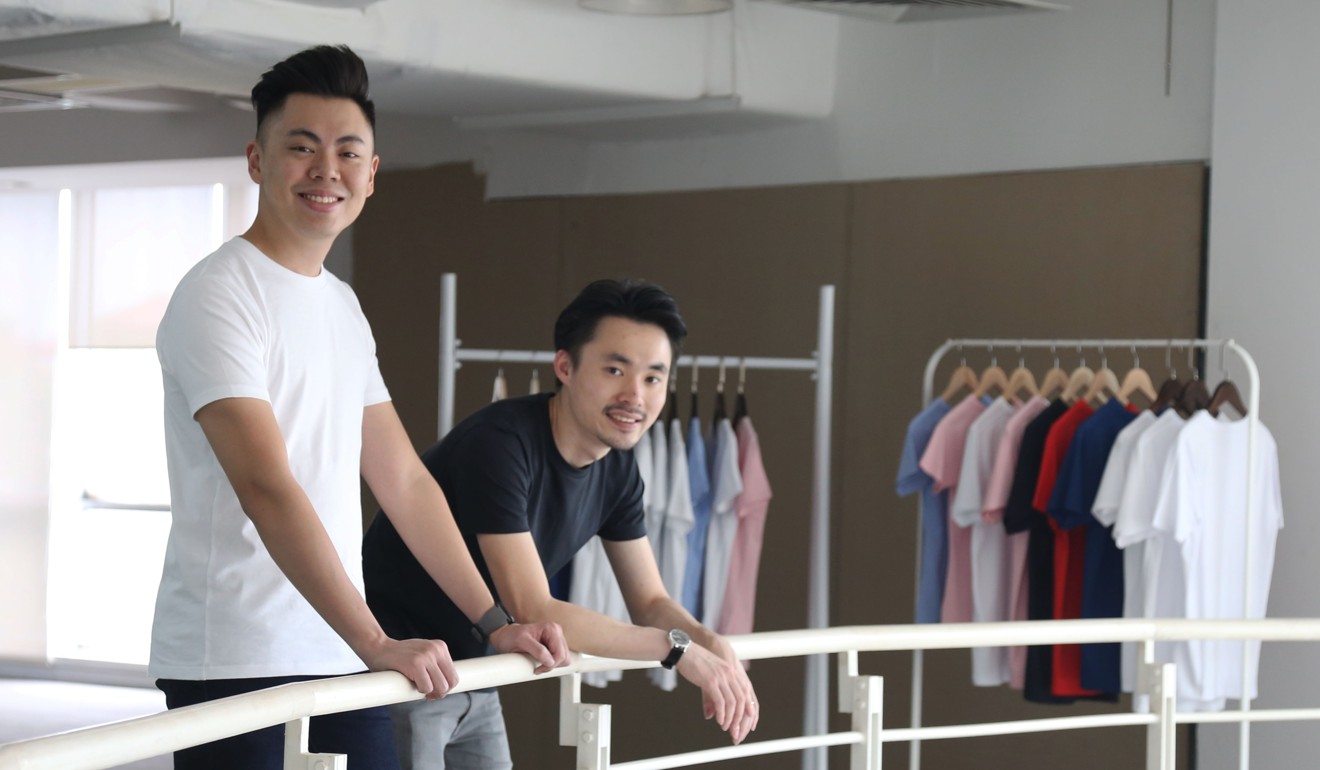
The brand, which launched two years ago, sources its cotton from the United States, and production is closely overseen in Thailand.
In Southeast Asia, companies like Buttonwell – specialising in basic apparel – are still rare. But around the world, more and more fashion brands are building their reputation on high-quality basics. They aim, from design all the way to production, to offer an alternative to the fast-fashion business model.
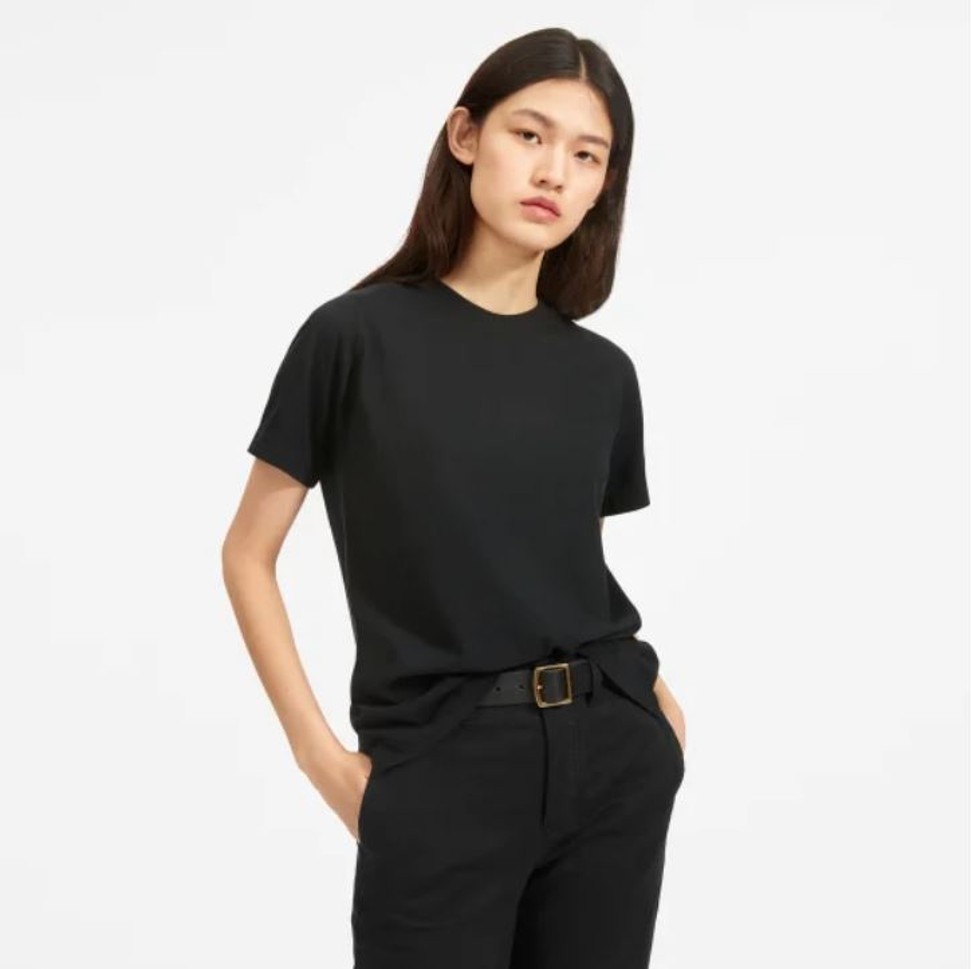
The American brand Everlane, for example, has become synonymous with “essentials”. While the company, which launched in 2010, sells everything from cashmere jumpers to sandals, its ethos is to work with high-quality materials and classic designs.
It also places emphasis on transparency, is open with its production costs, and closely monitors the labour standards of its factories.
‘I don’t believe in boring’: Alice + Olivia’s Stacey Bendet
On Buttonwell’s website, the longevity of its T-shirts is what sets it apart from the competition. They are designed to hold their shape and colour “wash after wash”, while also remaining free from the pilling that can accumulate from the friction of regular wear. The founders hope the shirts will continue to feel new after multiple wears.
The idea for their basic tee came from the founders’ own shopping experiences.
“When we pay a certain amount, we have expectations,” says Goh, 34. “A garment should be good quality and it should last. In reality, we never know [if it will last] until we wash it.
“With basics, you wear them often so it’s even more important for them to be good quality.”

Neither founder has a background in fashion or manufacturing, so the pair set out to research every aspect of the process, starting with the best available cotton. Supima cotton, grown in the United States, is known as one of the best cottons in the world.
All cotton fibres come in different lengths, or “staples”, Goh explains. “Extra-long staple cotton [like Supima] is the best, because cotton goes through a combing machine before being spun. To be able to withstand that pressure and still maintain that length means the strength of the cotton is good. Fabric made from that cotton will stay in shape.”
The next challenge was to sell the T-shirts at a competitive price point. Here, Goh was inspired by the eyewear company Warby Parker.
Patagonia’s hemp clothes and other China eco-innovations
“What Warby Parker do is design their glasses in house, and find factories to manufacture them. By going direct from the factory to sell to the consumer, they manage their costs and keep good quality things affordable.”
Buttonwell currently sells men’s, women’s and children’s shirts. It has also expanded into long-sleeved T-shirts to cater to the Muslim women’s market. Its success, though, could come at a price: if the shirts last for a long time, then customers may end up buying fewer of them.
Goh, however, is encouraged by the response from customers so far. One indicator of satisfaction, for example, is the lack of returns the company receives.

Sheryl Oon, a freelance fashion stylist based in Kuala Lumpur, believes that the appetite for good quality basics is growing in Asia.
“There is a growing preference in investing in good basics, and having multiples of the same tee or shirts to allow for easy rotation,” she says, though she adds that logo tees are still also popular in the region.
In the US, the term “normcore” was coined a few years ago to describe a growing trend of people wearing plain, so-called “normal” clothing that didn’t stand out. Now, the hashtag is still used across Instagram, wielded by ironically stylish influencers.

However, while some consumers dress down to look cool, Oon explains that others genuinely want to buy fewer things.
“As people become inundated with information and content from multiple channels, the idea of buying less, and buying timeless, strikes the right chord with many.”
A number of boutique brands have launched around the world, driven by this “timeless” ethos. Yt-shirt, based in Bulgaria, focuses on luxe, plain white tees. Danish company Son of a Tailor adds a further spin to achieve a perfect fit: its block colour T-shirts, polo shirts and sweatshirts are “made to order” with measurements generated by a customer’s height, weight and shoe size.
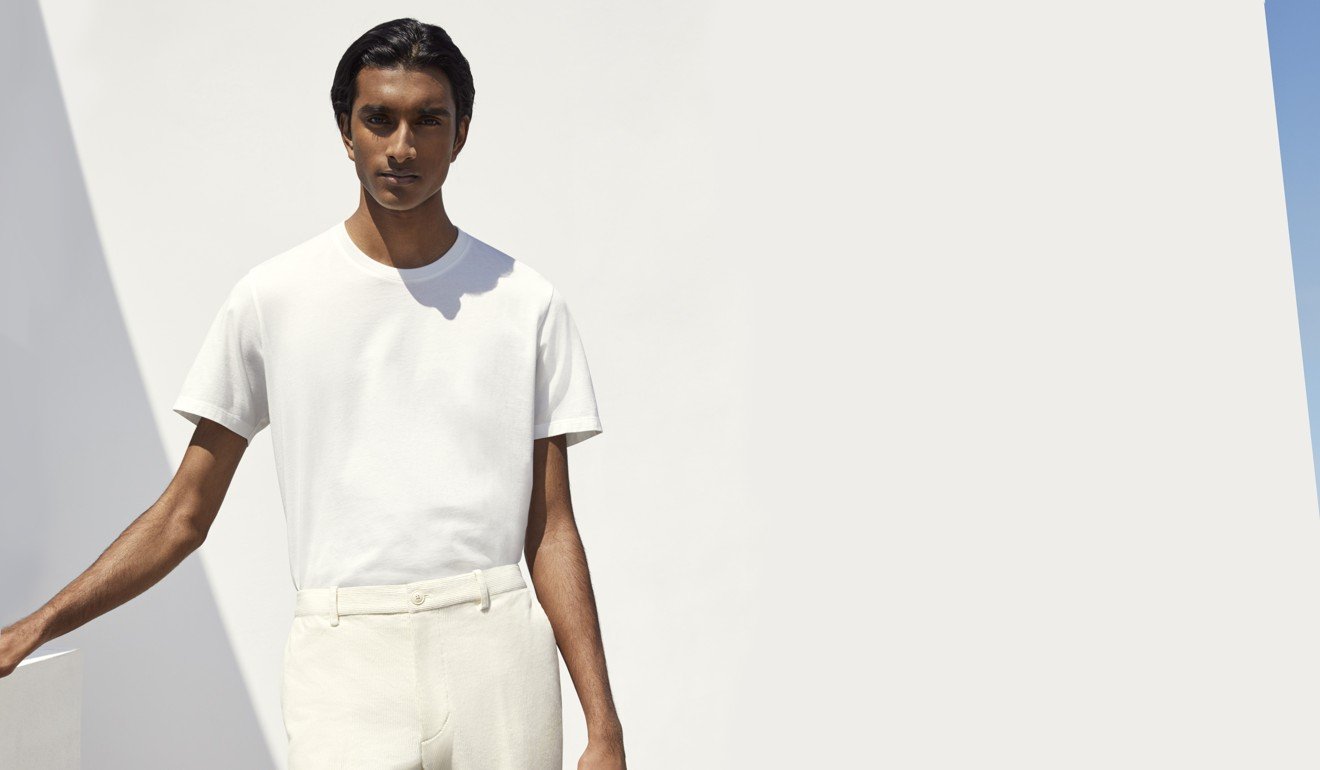
With its wide reach and enormous scale, Uniqlo has found a way to combine elements of the fast-fashion business model with a style ethos that promotes wardrobe essentials, or “Lifewear” as the company calls it. The Uniqlo lookbook is often anchored in key pieces such as plain, button-down shirts, T-shirts and knitwear.
Technology innovations allow the brand to update collections regularly and keep selling basics in different forms – like, for example, in its AIRism line. This line promotes clothing with a smart, breathable base layer that promises to adapt to any weather condition.
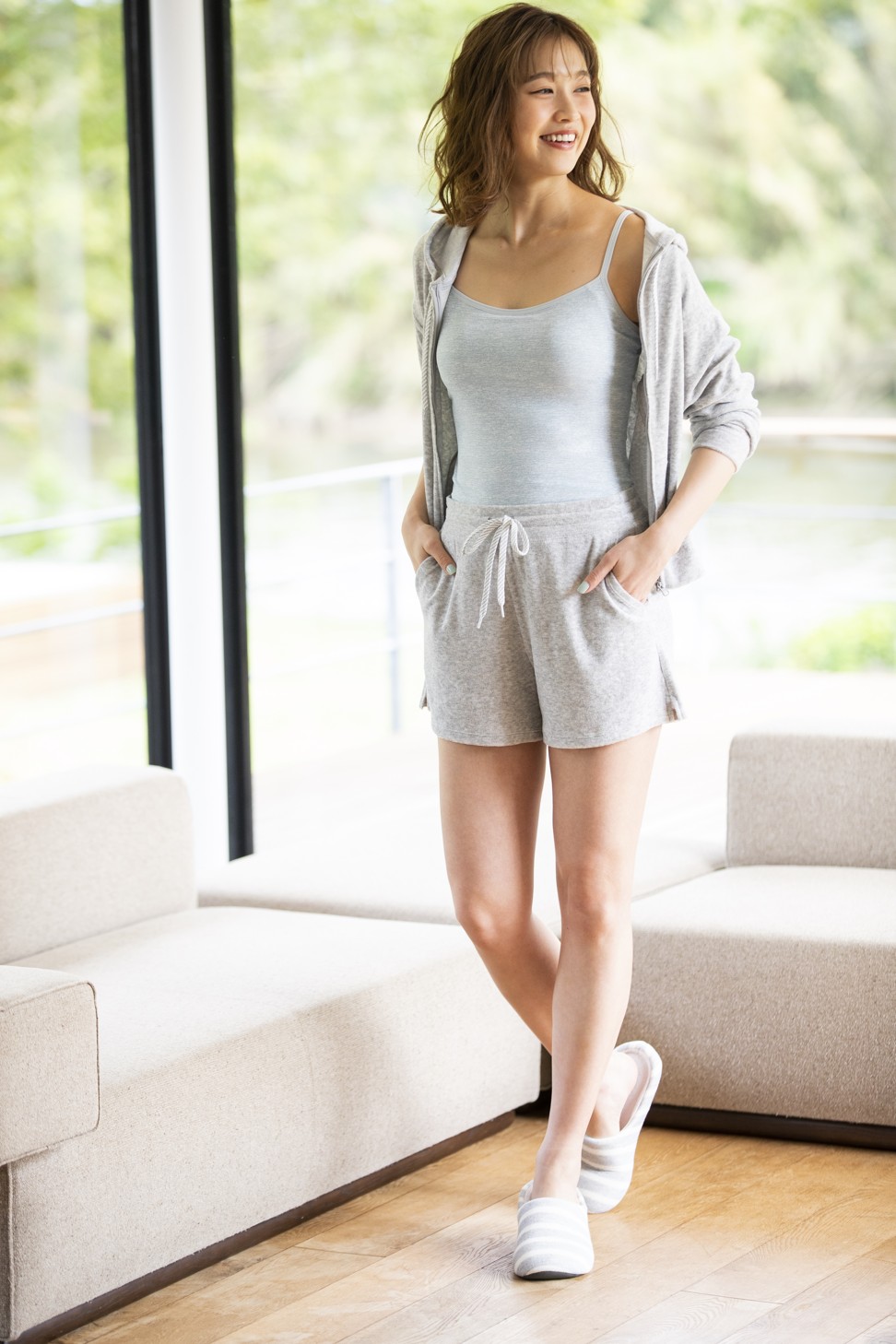
Fast Retailing Group, which owns Uniqlo, achieved a record high in consolidated revenue in May this year. Its performance was boosted by strong sales in China and Southeast Asia.
“Basics and T-shirts have always been an important part of our everyday wear, and also an essential piece as a foundation for every individual’s style,” says Dawn Chow, PR and marketing manager at Uniqlo Malaysia.
“Customers nowadays are not only showing more awareness of innovation in designs, but also the sustainability of the apparel,” she adds. “High-quality, functional and durable clothing that outlasts transitionary fashion trends – this is what customers are looking for.”

As existing business models come under increasing scrutiny, the rise of “basic brands” suggests a shift in the way people are shopping.
It’s difficult to know how much of this will translate into long-term change, especially as the ease of online shopping invites more choices straight into our hands.
Still, there is something irresistible about a simple article of clothing that’s been done very well.
Here’s hoping that it’s not just another trend.

